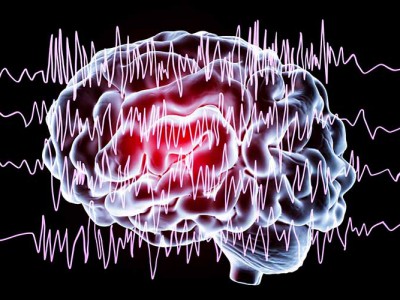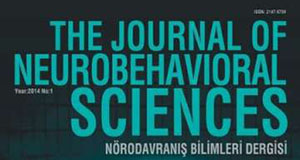
Sufi meditation is a spiritual form of physically active meditation in which performers (Semazens) whirl without losing conscious awareness and while internally focusing on reaching an ecstatic state, thus requiring substantial motor and cognitive control and monitoring. Studies have argued that the experience of the meditator may affect the strength of the brain activations because more experienced meditators may need less cognitive effort to reach the ecstatic state. Despite this, our knowledge about the associations between emotional states of the meditators and activated brain areas during meditation remains unknown. With this in mind, fourteen male Semazens were recruited for this study. All Semazens performed Sema meditation under the scanner using imagined whirling techniques. An active control condition was used to explore brain areas specific to Sema meditation. Measures of affective states and psychiatric symptoms were also collected. Statistical parametric maps were created to compare the meditation vs. control conditions. Accordingly, Sema meditation specifically evoked activations in left anterior cingulate cortex (ACC) and left orbitofrontal areas. Activations in ACC were negatively correlated with the positive affect of the Semazens suggesting that less cognitive effort required to reach the meditative state in Semazens was associated with more positive affect. Despite previous studies highlighting the experience of the meditators as a predictor of brain activation, we found that affective state may also be an important factor that may facilitate emotion regulation and cognitive monitoring in the brain. Our findings may also be applicable to the effects of meditation on psychological and emotional wellbeing.






